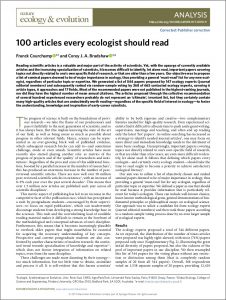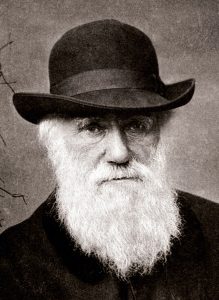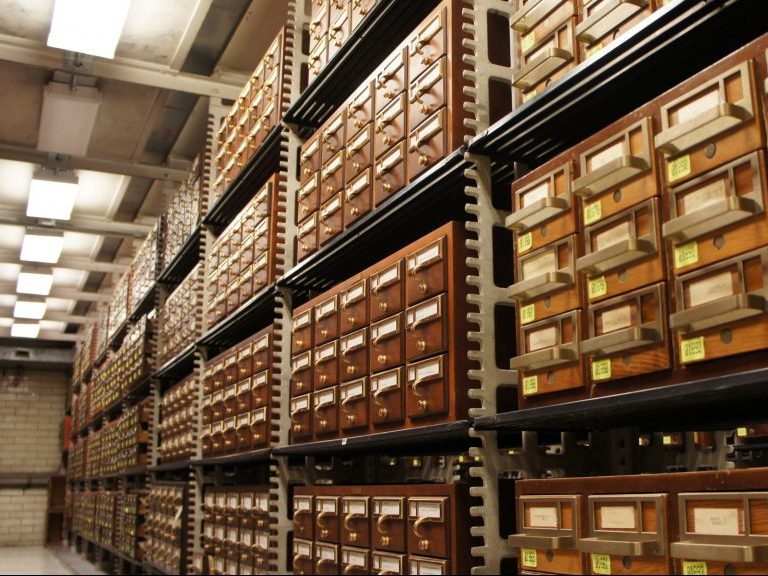Keeping up to date with the latest research is a key part of any career in science. However, the push for researchers to publish early in their career and at frequent intervals means that there is now a seemingly unconquerable body of literature available to sift through. Because of the time-consuming nature of reading, processing and assimilating all of this information, the unfortunately result is that many researchers only find time to read the “hot” papers that are well publicised, or they focus primarily on papers that are recent and well-cited.

The advent of online journals also means that the days of physically searching for articles using paper records and traipsing around library stacks to locate a particular journal edition are a thing of the past. One result of this is that students and researchers who use the same or similar online search terms are likely to be directed to the same sub-set of papers, to the exclusion of other thematically similar but less relevant articles.
On the face of it, this may seem like a good thing, but it ignores the fact that methodological and conceptual insights are often to be found in papers which are not directly related to one’s own research; papers that would have been found more frequently when searching in a “bricks and mortar” library. It also means that older papers, which are still of importance for providing a good grounding in both methods and concepts, may be overlooked. By ignoring these older papers, the risk of repeating work that has already been undertaken or explored, is also higher.
 With these concerns in mind, Franck Courchamp and Corey Bradshaw from the Université Paris-Saclay in France and Flinders University in Australia have taken it upon themselves to produce a list of the top 100 articles that every ecologist should read. Their key objective was to propose a list of seminal papers that, regardless of date of publication or specific subject area, would provide ecologists with a well-rounded understanding of ecology.
With these concerns in mind, Franck Courchamp and Corey Bradshaw from the Université Paris-Saclay in France and Flinders University in Australia have taken it upon themselves to produce a list of the top 100 articles that every ecologist should read. Their key objective was to propose a list of seminal papers that, regardless of date of publication or specific subject area, would provide ecologists with a well-rounded understanding of ecology.
To create this list, they first assembled a long-list of 544 paper which were nominated by a group of 147 ecology journal editorial members; individuals that were recognised as experts in their field and who have an excellent knowledge of publications in their subject area. This list was then ranked via random-sample voting by 368 ecology experts and the top 100 papers collated into a comprehensive and varied reading list.

Perhaps unsurprisingly, the number one paper on the list was Darwin and Wallace putting forth their theory of natural selection. Published in 1858, this entry also represents the oldest paper on the list. More surprising was the average age of the top-ranked papers, with a huge number of them being from the 1960s and 1970s whilst very few were included from the 21st century. Most of the papers were not published in journals with a particularly high impact factor and, in many cases, they did not receive an unduly high number of citations, indicating that citation-based selections are not always the most appropriate when selecting papers for background reading.
The final list provides ecologists with an excellent starting point for establishing a well-rounded understanding of basic ecological theories. Whether you’re an early-career scientist, a well-established researcher or even a keen amateur with an enquiring mind, there is plenty here to expand your knowledge.
The list of 100 papers, together with a description of the methods and discussion of the subject, is published in Nature Ecology and Evolution and is available to view online.

